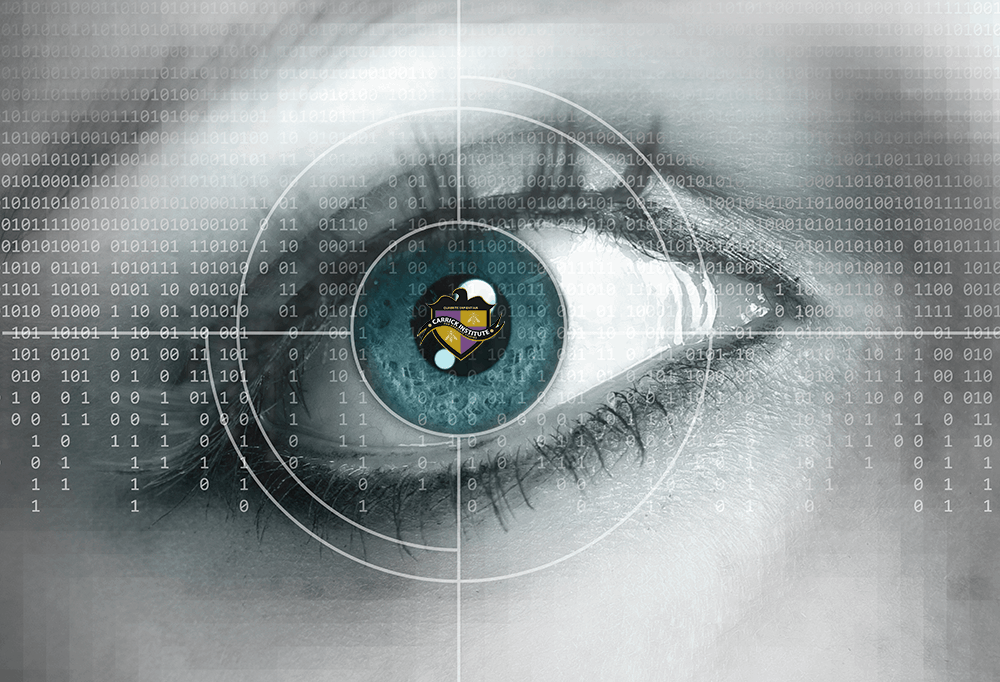Upcoming Courses with the Carrick Institute- Summer 2019
Upcoming Courses with the Carrick Institute Looking for courses to take this summer? The Carrick Institute has you set! 🧠 👍 Wanting to specialize in pediatrics and childhood development? 👶NDD begins this weekend in Cape Canaveral, FL! Available for on-site and live stream learning. Looking for a course to further your skills in solving chronic pain? Pain […]
Upcoming Courses with the Carrick Institute- Summer 2019 Read More »



